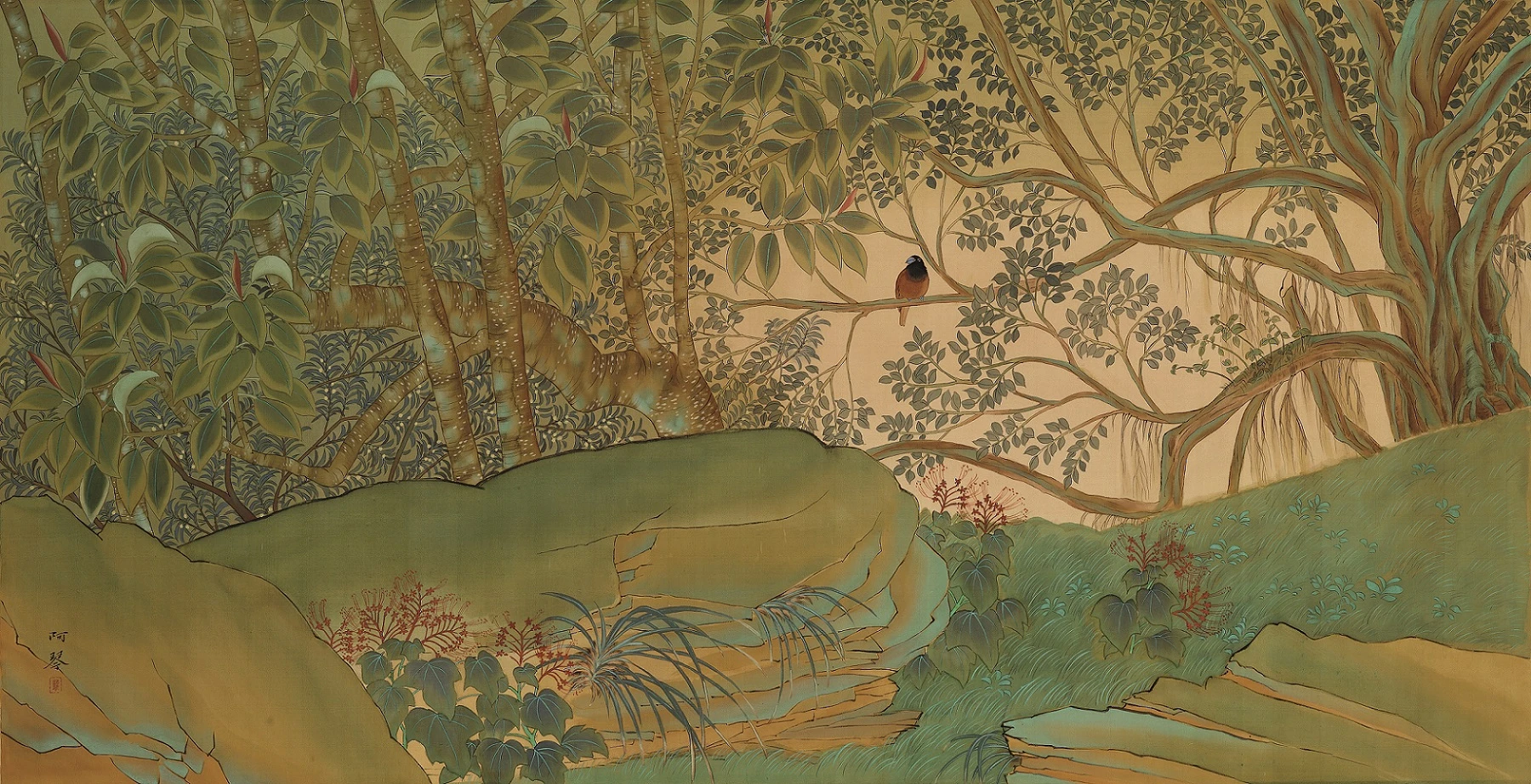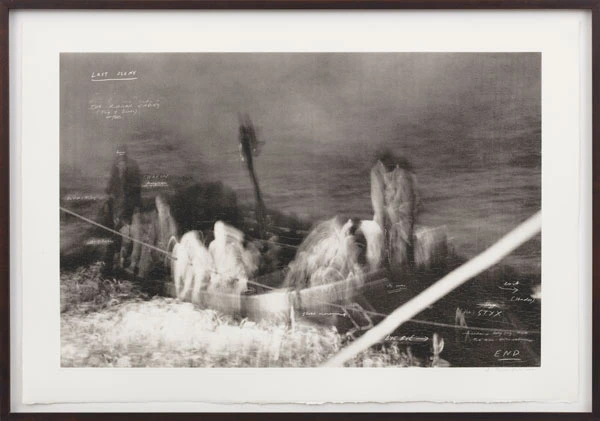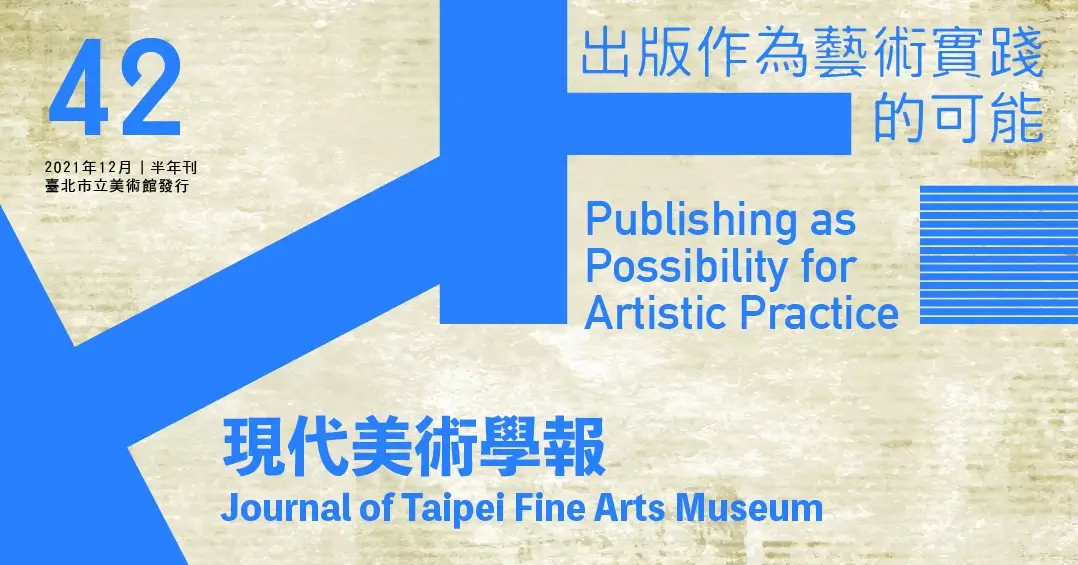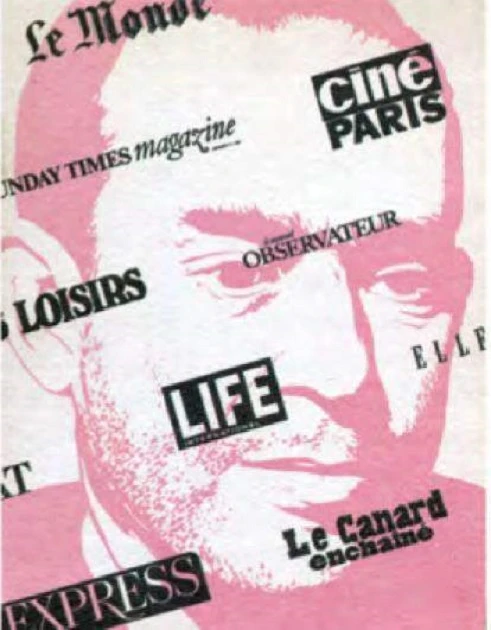摘要
本論文透過考察金士傑所執導蘭陵劇坊的《荷珠新配》,試圖理解蘭陵劇坊所提出現代戲劇的初步實驗是面對什麼課題,又在怎樣的歷史物質條件之中實驗與提出解決?這個最終以「開放」為名而形塑的身體實驗,如何較為宏觀地放在戰後臺灣與世界的關係中閱讀,又暗示了八〇年代以後的臺灣現代戲劇怎樣的身體方向?透過對《荷珠新配》與《蘭陵劇坊的初步實驗》的表演與論述分析,本論文期待重新檢視蘭陵劇坊《荷珠新配》身體表演的文化政治,並透過一再被強調與宣稱的「開放性」,連結美國戰後前衛劇場的精神,再脈絡於戰後美國與臺灣的全球冷戰關係,思考自蘭陵開始影響臺灣現代劇場甚鉅的「開放性」究竟指示了什麼文化物質線索?
關鍵詞
身體政治、蘭陵劇坊、《荷珠新配》、臺灣戲劇、冷戰
Abstract
The article looks into the experiments that Lanling Theatre Workshop (hereafter LTW) conducted, by examining the politics of body in the play Hezhu's New Match (Hezhu xinpei) directed by Jing Shi-chieh. It particularly pays attention to the historical and material condition in which LTW existed with regards to cultural materialism. It investigates cultural politics and discourses of LTW that may closely relate to American alternative theatre in the 1960s, the geopolitics of the Cold War as well as the dispositif and influence of area studies in the post-war era. The article aims to come to terms with the so-called "openness" of the body experiment emphasized and claimed by LTW as a re-articulation of the 1980s Taiwan theatre in the post-war world.
Keywords
Lanling Theatre Workshop, Hezhu's New Match (Hezhu xinpei), Taiwan Theatre, Cold War






